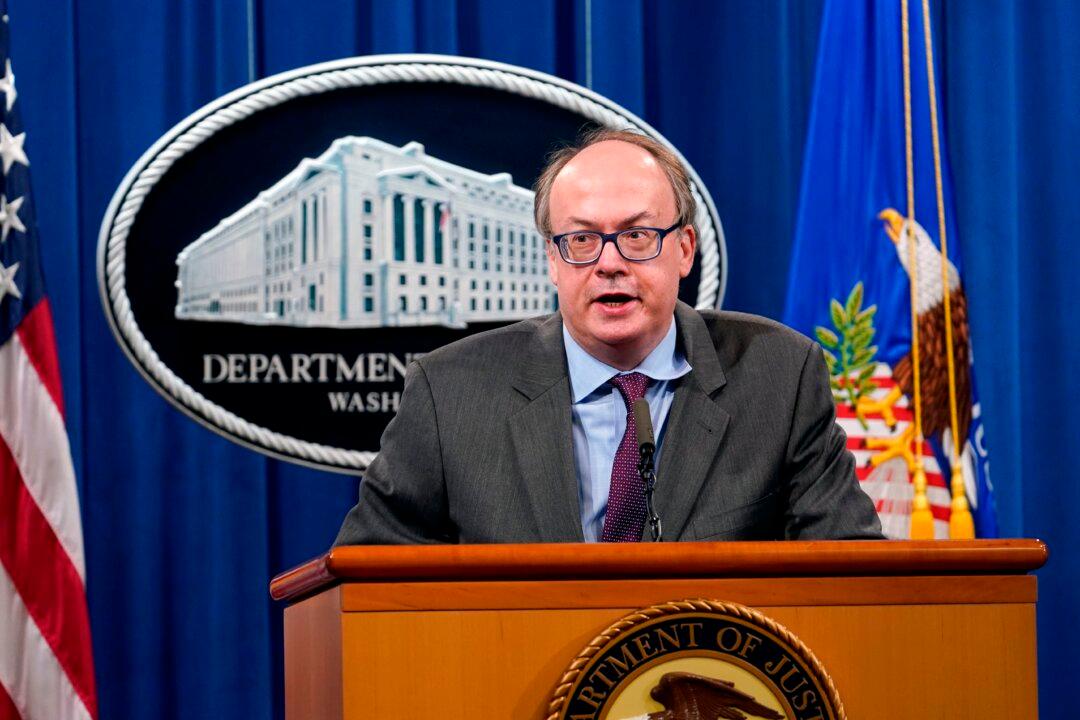The search warrant executed at the home of a former top Department of Justice (DOJ) official in June was part of an investigation into violations of three federal laws, including obstruction of justice, according to a newly disclosed filing.
Jeffrey Clark, an assistant attorney general during the Trump administration, told the District of Columbia Court of Appeals Board on Professional Responsibility that federal agents with the DOJ inspector general’s office raided his home in Washington on June 20 “in connection with an investigation into violations” of laws prohibiting making false statements to the government, conspiracy, and obstruction of justice.





